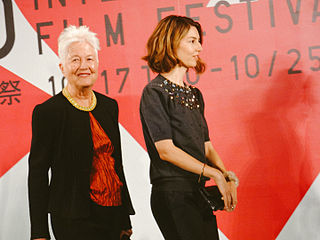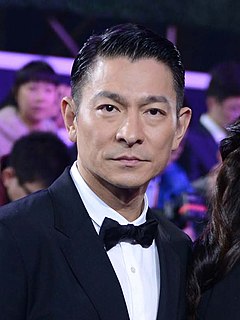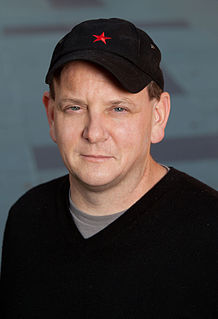A Quote by Ming-Na Wen
I hope Hong Kong and Asia wants to hire American Asian actresses as much as Hollywood has been hiring Chinese actors from Asia.
Related Quotes
The most important thing to keep in mind is the incredible diversity of talent that's out there - there are so many great actors from all over Asia, from Singapore and Hong Kong to the Philippines and Mainland China, not to mention many great Asian-American actors who are eager for fun and challenging roles.
I mean when you go to a network and say, "We want to make a martial arts series in the future." And give them the pitch. And by the way, the only way to achieve the authentic Hong Kong martial arts we need a full-time fight team unit working concurrently, and we're hiring a Chinese fight team from Hong Kong. And they were like, "Great, let's go."

































